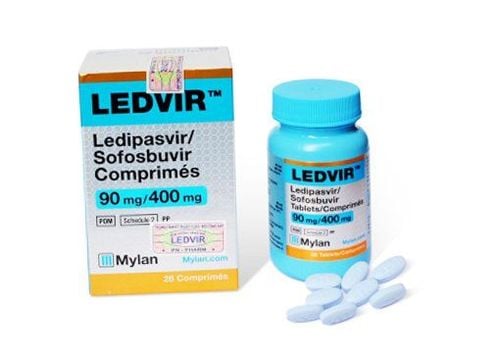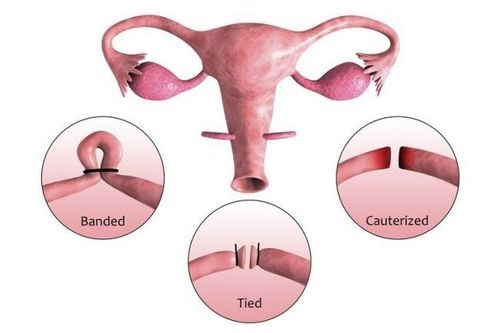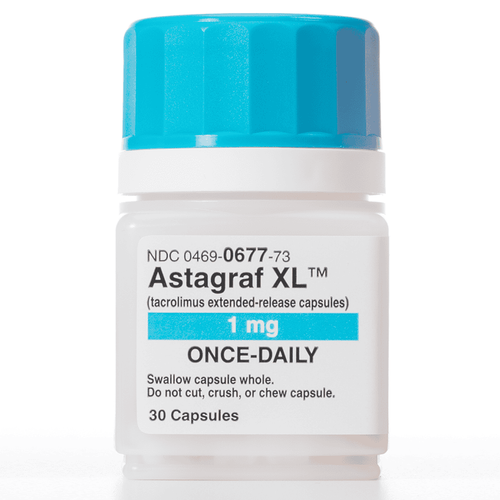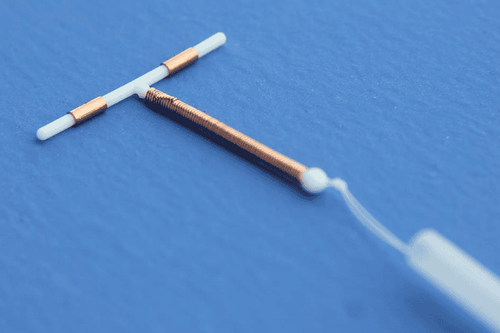This is an automatically translated article.
In women with diabetes, the use of sex hormones contained in oral contraceptives can increase blood sugar levels and affect the treatment of diabetes.1. An overview of diabetes and birth control
According to the American Diabetes Association (ADA), birth control pills, patches, implants, injections, and IUDs are generally considered safe methods of contraception for women with diabetes.However, the estrogen in birth control pills can raise blood sugar levels, increase a diabetic's resistance to insulin, and may require adjustments to the amount of insulin they receive.
Due to the effects of estrogen, some doctors do not prescribe hormone-based birth control pills for some women with diabetes. The ADA says that combined oral contraceptives containing synthetic estrogen and norgestinate are best for women with diabetes.
2. Effect of birth control on diabetes
The inconclusive results of various studies have led to controversy about the potential harm of oral contraceptives for women with diabetes. Some studies show that women who take birth control pills or other methods that contain estrogen have higher blood sugar and cholesterol levels. Other studies have shown no difference in levels between women taking oral contraceptives and women not taking oral contraceptives.Factors to consider:
Higher blood sugar levels due to estrogen in oral contraceptives may increase the insulin requirements of women with diabetes. Higher cholesterol levels increase the risk of heart attack, and diabetics already have a higher risk of heart attack. Some doctors recommend that women with diabetes take oral contraceptives with the lowest possible dose of estrogen to effectively prevent pregnancy. Other birth control methods that use estrogen, such as implants, patches, injections, and vaginal rings, can also affect a woman's diabetes. Studies show that women with diabetes who take oral contraceptives for more than two years may have an increased risk of complications, including:
Diabetic kidney disease Eye conditions Diabetic retinopathy Disorders diabetic neuropathy . For these reasons, some doctors choose not to prescribe birth control pills to women with diabetes. The safest course of action for women with diabetes is to discuss birth control options with their doctor.
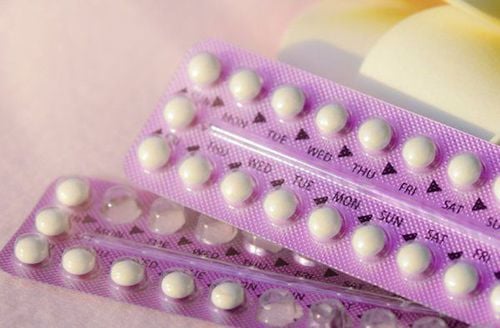
Tác hại của thuốc tránh thai với phụ nữ bị tiểu đường vẫn còn gây tranh cãi
3. Some contraceptive methods for people with diabetes
IUDs and diabetes An IUD is a small, T-shaped plastic device. IUDs, of two types, are inserted into the wall of the uterus by a doctor. And like an anchor, the IUD has a small wire that goes down the cervix and into the vagina.Traditional IUDs are coated with copper and can be left in place to prevent pregnancy for up to 10 years. Copper is toxic to sperm. It kills the "little swimmers". On the other hand, Mirena is a hormonal intrauterine device. It is high in levonorgestrel, a progestin hormone also used in oral contraceptives, some birth control pills, and Norplant currently on the market. Mirena is only good for five years, half the life of a copper IUD.
Are IUDs a Good Choice for Women with Diabetes? Firstly, it depends on your ability to manage, as IUDs are not recommended for women who are prone to any kind of pelvic infection and we all know that high blood sugar is close to such as guaranteeing a variety of infections in women with diabetes. So, for the IUD in general, there should be no effect on blood sugar and insulin usage. If HbA1C levels are well maintained using an IUD is likely to be fine.
However, the IUD also has some side effects such as sudden bleeding, changes in blood sugar, acne, personality changes such as depression and mood swings, and weight gain in their patients have tried Mirena.
Meanwhile, Mirena also has other contraindications to consider such as large fibroids, breast cancer, abnormal cervical cytology, liver disease, heart disease, and high blood pressure. So ultimately choosing any type of birth control needs to be done jointly by the doctor and the patient.
Condoms Condoms have the advantage of not only being a contraceptive, but also helping to prevent sexually transmitted diseases.
The use of condoms is very safe in women with diabetes because they do not affect any hormonal factors as well as blood sugar. Preventing some STIs also reduces a woman's risk of infection and pelvic inflammatory disease.
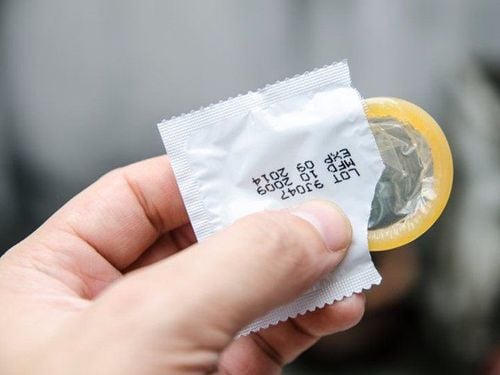
Sử dụng bao cao su là biện pháp tránh thai an toàn cho phụ nữ bị tiểu đường
For advice on the most effective contraceptive methods for women with diabetes, you can go to Vinmec health system nationwide for appropriate examination and advice by a doctor.
Please dial HOTLINE for more information or register for an appointment HERE. Download MyVinmec app to make appointments faster and to manage your bookings easily.
Reference source: healthline.com




